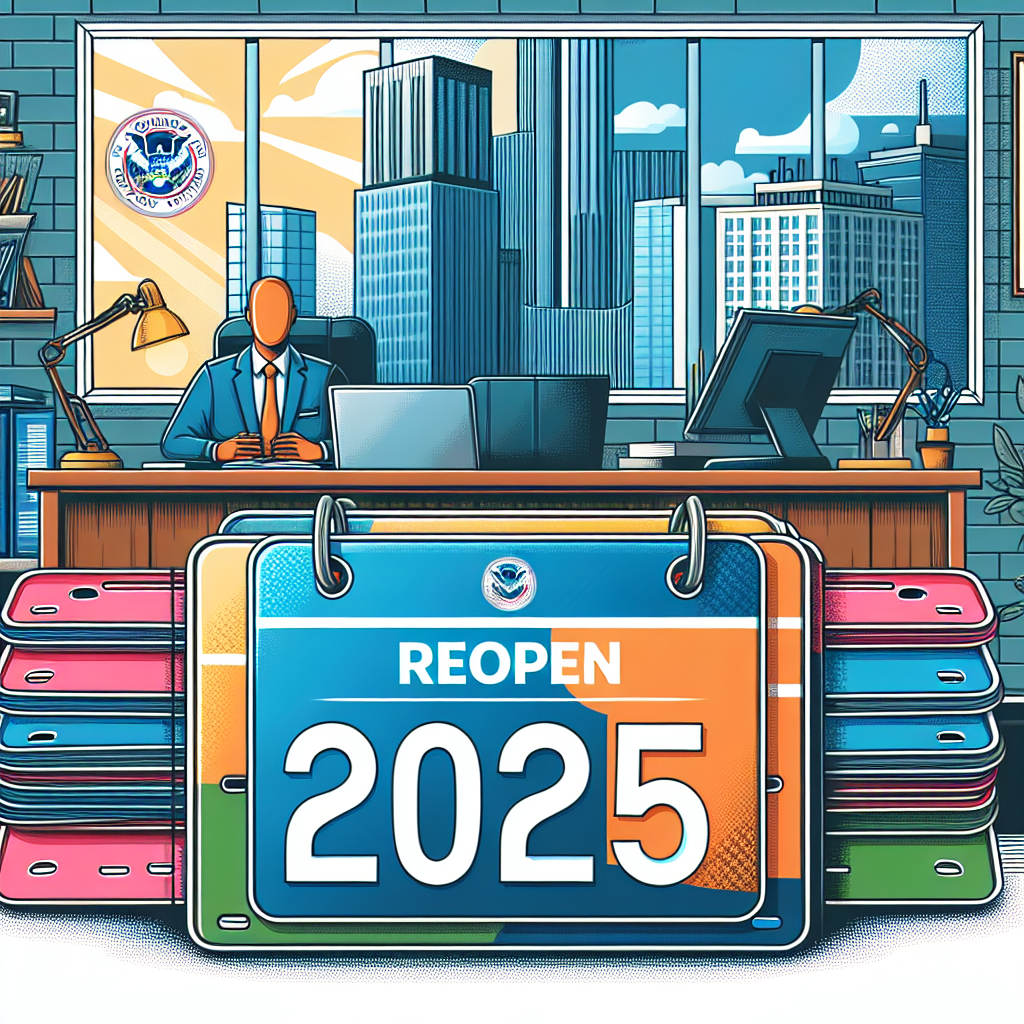DMV Law Review: How New Insurance Rules Affect Drivers
I. Introduction
The DMV has made some important new rules about car insurance to help keep roads safe and make sure drivers are financially protected. It’s important to know these changes so you can follow the rules and keep safe on the road.
II. What is Liability Insurance?
Liability insurance helps pay for damage or injuries you cause to others in an accident. For a long time, the insurance requirements didn’t change much, even though things like medical and car repair costs were getting more expensive. The new changes are made to offer better protection for everyone.
III. What’s New with the Insurance Rules?
The new rules say you need to have more insurance now:
- Bodily Injury Coverage: You need at least $50,000 for each person and $100,000 for each accident.
- Property Damage Coverage: You need at least $30,000 for damage in each accident.
You must have these amounts by January 1, 2024. Some cars or drivers might not have to follow these rules.
IV. How This Impacts Drivers
Money Matters
With better protection, insurance might cost more. Families and people who find it hard to pay for insurance might face challenges with these changes.
If You’ve Had Driving Problems Before
If you’ve had driving issues before, the new rules might seem difficult because your insurance could go up. It’s a good idea to check prices from different companies to find the best deal.
V. How This Affects Insurance Companies
Insurance companies need to look at their plans again:
- New Plans: They might have new options to meet the new rules.
- Competition: Companies might offer deals or have different ways to attract customers.
VI. What Do Legal Experts Say?
Why More Coverage?
The reason for these changes is to better protect everyone by making sure there is enough money to cover accidents.
What Experts Think
Most legal experts agree with the changes because they improve safety and compensation for accident victims. However, some worry these changes might be hard on drivers financially.
VII. Pros and Cons
Good Things
- Better Safety: More coverage means accident victims can get the help they need.
- Protection for Drivers: Limits help drivers avoid huge expenses after accidents.
Bad Things
Some people say that increasing the requirements makes it hard for drivers who don’t earn much, showing that finding a fair rule is important.
VIII. Other Places
Places like Massachusetts and New York have done similar things. They saw a small drop in uninsured drivers and slightly better road safety.
IX. Tips for Drivers
What to Do Next
- Check Your Insurance: Make sure your plan meets the new rules.
- Look Around: Compare prices from different companies to find the best deal.
- Get Help: Use DMV and insurance resources to understand your policy and stay in line with the rules.
X. Conclusion
These new DMV insurance rules mean more protection, but also more costs. Understanding and planning for these changes help drivers make the safest decisions.
XI. More Information
- DMV Website: Visit their DMV Insurance Requirements
- Talk to an Expert: Licensed insurance agents can give you advice.
XII. What to Do Now
Check your insurance today to make sure it meets the new requirements. Contact your insurance company for a policy check, and ask experts for help if needed.
Being ready for these changes keeps you safe and helps make roads safer for everyone.
Call to Action
We’re here to help! Visit us at Tags Clinic on 3845 University Ave, San Diego, CA or give us a call at 619-777-9046. You can also visit our website for more information: www.tagsclinic.com.
Come join us, we’re ready and eager to assist you!









